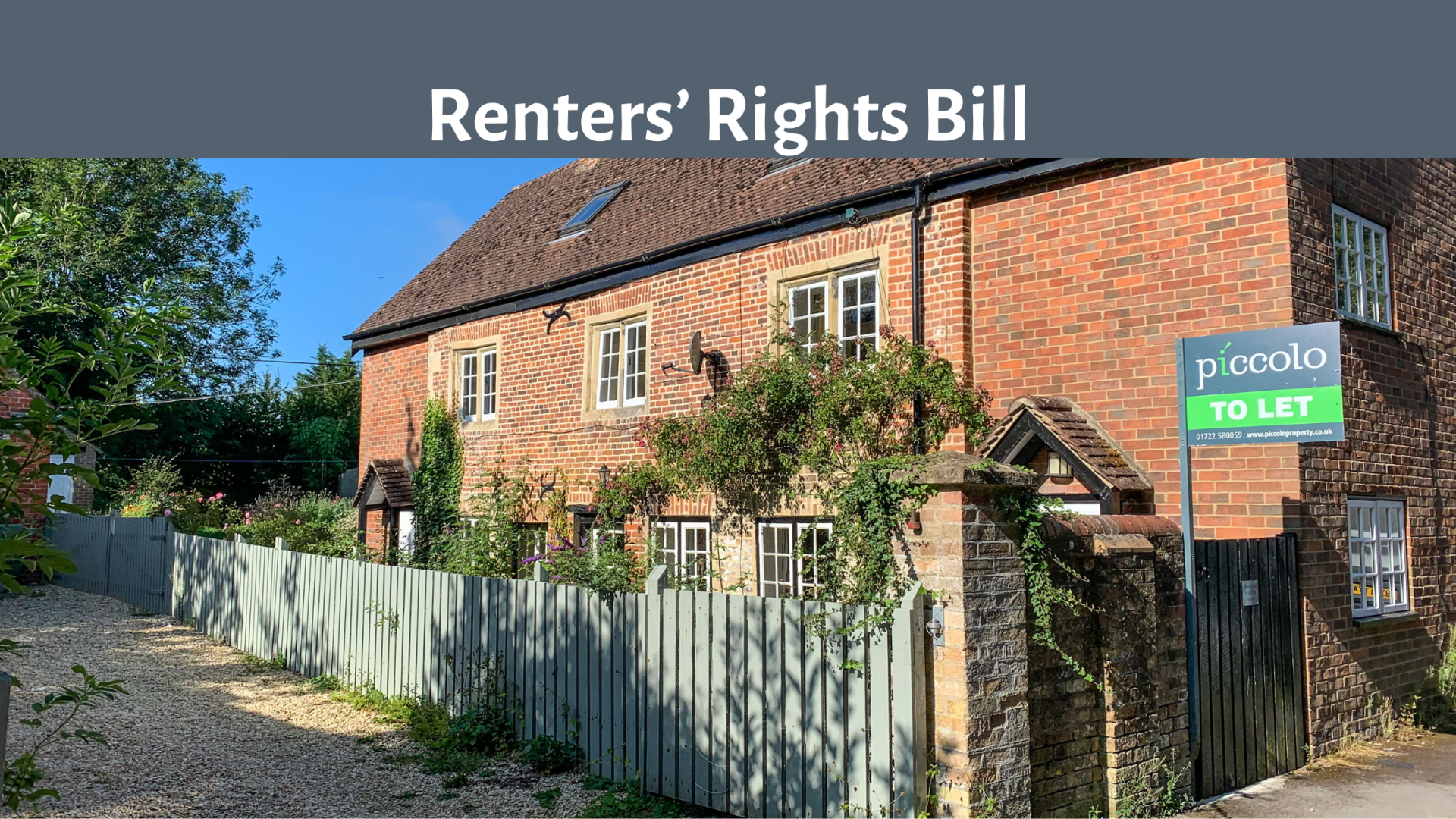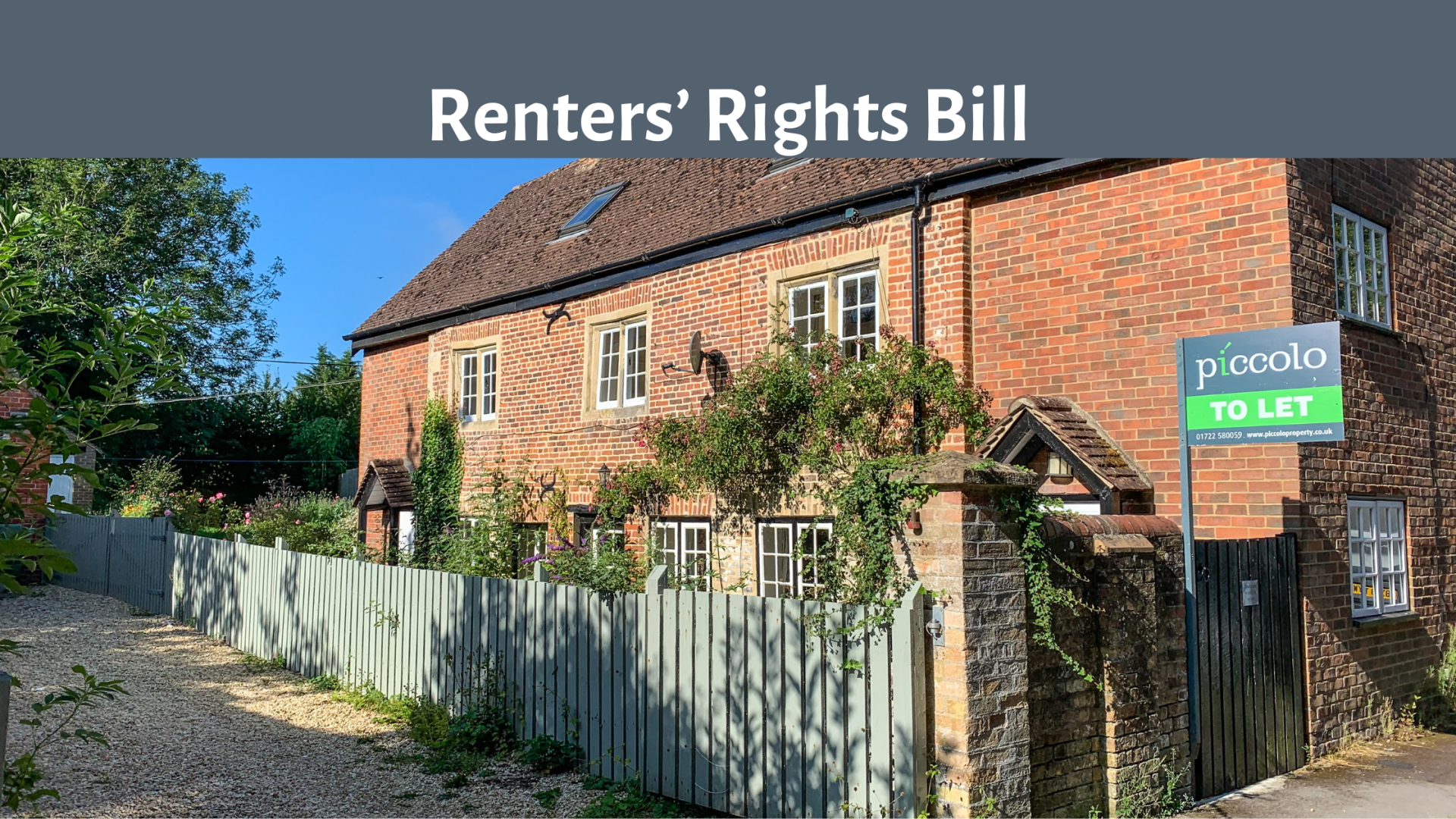The Renters' Rights Bill introduces a significant change for landlords: the establishment of a mandatory Private Rented Sector (PRS) Database. This digital platform aims to centralise essential information, promoting transparency and accountability within the rental market.
What Information Must Landlords Provide?
- The specific details still need to be finalised through subsequent regulations, but the Bill outlines the foundational structure of the PRS Database. According to the explanatory notes, the database will "bring together key information for landlords, tenants, and councils." This suggests that landlords will be required to submit pertinent details about themselves and their rental properties.
- It is expected that landlords will have to provide essential safety information, such as gas safety certificates, Electrical Installation Condition Reports (EICRs), possibly proof of smoke and carbon monoxide alarms, and Energy Performance Certificates (EPCs).
However, the Renters' Reform Coalition has submitted evidence advocating for much more comprehensive information to be included in the database. To ensure it serves as an effective tool for tenants, prospective tenants, and local authorities, the coalition recommends that the database should include:
- Contact and address details of all landlords and their managing agents, along with details of each of their properties.
- Records of past enforcement actions, Rent Repayment Orders, and banning orders against landlords and agents.
- Registration of eviction notices to track the use of eviction grounds and identify potential misuse.
- Up-to-date rental price data from landlords and housing management agents, providing insights into rental affordability and enabling local authorities to target resources effectively.
- Information about property accessibility features to aid tenants with specific housing needs.
Legal Requirements for Landlords
Mandatory Registration
One of the key provisions of the PRS Database is that it will be an offence to let a property that is not registered. Landlords will be required to have an "active entry" from the time the property is advertised until after any letting has finished. This means that failing to register or maintain an active entry could result in serious consequences.
Which Tenancies Must Be Registered?
All Rent Act 1977 tenancies and assured tenancies under the Housing Act 1988 will need to be registered on the PRS Database. This ensures that all legally binding rental agreements are recorded and accessible for regulatory purposes.
Consequences of Non-Compliance
If a landlord is not registered on the PRS Database:
- They will not be able to seek possession of their property (except on anti-social behaviour grounds)
- The local authority will have the power to impose a financial penalty of £7,000 for non-compliance.
Practical Implications for Landlords
For self-managing landlords, this development necessitates taking proactive steps:
- Stay Informed: Regularly check official channels to keep abreast of the specific information required for the PRS Database.
- Organise Documentation: Compile and maintain accurate records of property details, tenancy agreements, safety certificates, and personal contact information to ensure readiness for submission.
- Ensure Active Registration: As it will be an offence to let an unregistered property, landlords must ensure that their properties have an "active entry" at all times during a tenancy.
- Seek Professional Advice: Engage with legal experts or local landlord associations to navigate the new requirements effectively and ensure full compliance.
By staying informed and proactive, you can ensure compliance with the upcoming PRS Database requirements.
Feeling completely lost in the sea of new rental rules? You’re not alone! With so much misinformation floating around online and in the news, it’s hard to know what’s fact and what’s fiction. But don’t panic - we’re here to cut through the noise and give you clear, honest, and practical advice on what the changes really mean for you as a landlord. If this blog has helped, there’s plenty more where that came from! Check out our blog series, where we break down the latest updates, bust the myths, and answer the questions that matter most. Still scratching your head? If you’re a landlord in the Salisbury, Wilton, Warminster or Amesbury area - let’s talk! Give us a call on 01722 580059 or email info@piccoloproperty.co.uk and we’ll help you make sense of it all.






Share this with
Email
Facebook
Messenger
Twitter
Pinterest
LinkedIn
Copy this link